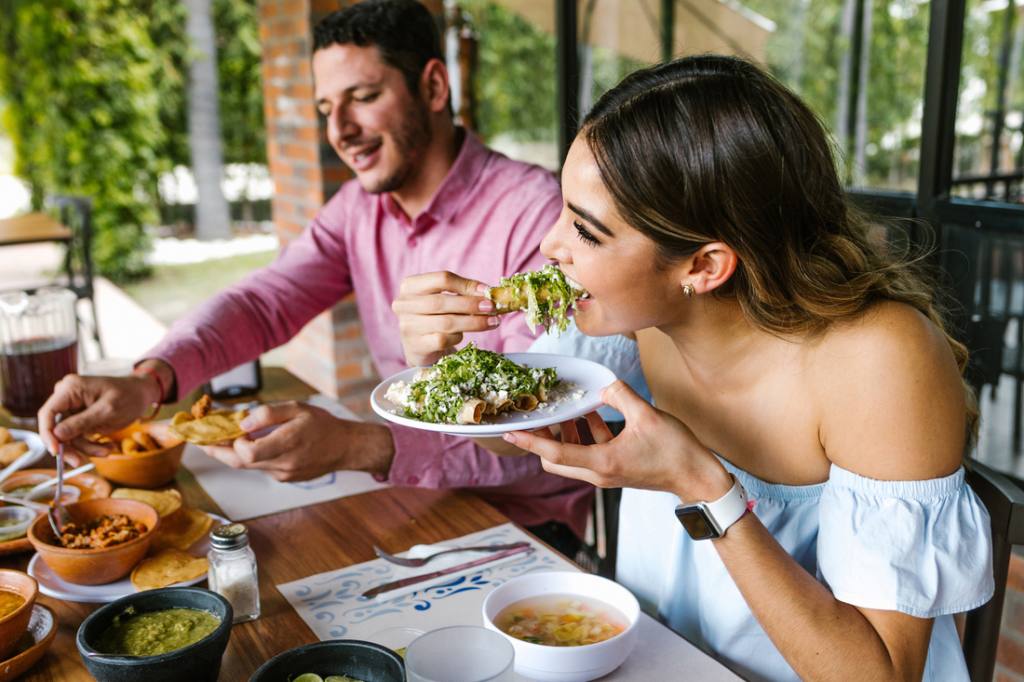In the quest for better health and fitness, many people often find themselves confused about the difference between healthy eating and dieting. While both concepts aim to improve overall well-being, they have distinct approaches and objectives. Healthy eating focuses on maintaining a balanced and nutritious diet for long-term health benefits, whereas dieting typically involves short-term, restrictive eating plans designed to achieve specific weight loss goals. This article explores the fundamental differences between healthy eating and dieting, highlighting the benefits and potential pitfalls of each approach.
The Philosophy Behind Healthy Eating
Healthy eating is a holistic approach to nutrition that emphasizes the consumption of a variety of foods to provide the body with essential nutrients. The primary goal of healthy eating is to support overall health, prevent chronic diseases, and promote a sustainable lifestyle. This approach encourages the inclusion of whole grains, fruits, vegetables, lean proteins, and healthy fats in daily meals. It also advocates for moderation and balance, allowing for occasional indulgences without guilt.
One of the key principles of healthy eating is the focus on nutrient density rather than calorie counting. Nutrient-dense foods provide a high amount of vitamins, minerals, and other beneficial compounds relative to their calorie content. This approach not only supports physical health but also enhances mental well-being, as it promotes a positive relationship with food. Healthy eating is about making informed choices and listening to your body’s hunger and satiety cues.

The Concept of Dieting
Dieting, on the other hand, is often associated with short-term, restrictive eating plans aimed at achieving rapid weight loss. Diets can vary widely in their approach, ranging from low-carb and low-fat to intermittent fasting and detox plans. The primary focus of dieting is usually on calorie restriction and specific food rules that promise quick results. While some diets may offer temporary success, they often lack sustainability and can lead to a cycle of yo-yo dieting.
A common issue with dieting is that it can create an unhealthy relationship with food. Restrictive diets can lead to feelings of deprivation, making it difficult to adhere to the plan long-term. Additionally, extreme diets can result in nutrient deficiencies and negatively impact metabolic health. The focus on short-term goals rather than long-term well-being can also undermine the overall objective of achieving lasting health improvements.
Benefits of Healthy Eating
Adopting a healthy eating approach offers numerous benefits that extend beyond weight management. By prioritizing nutrient-rich foods, individuals can experience improved energy levels, better digestion, enhanced mental clarity, and a stronger immune system. Healthy eating also reduces the risk of chronic diseases such as heart disease, diabetes, and certain cancers.
Moreover, healthy eating promotes a positive and sustainable lifestyle. Unlike restrictive diets, it allows for flexibility and enjoyment of a wide variety of foods. This approach fosters a healthy relationship with food, where eating is seen as a source of nourishment and pleasure rather than a battleground. It encourages mindful eating practices, where individuals pay attention to their body’s signals and make choices that align with their health goals.
Pitfalls of Dieting
While dieting can offer short-term weight loss, it often comes with several drawbacks. The restrictive nature of many diets can lead to nutrient deficiencies, as certain food groups are eliminated or severely limited. This can compromise overall health and well-being. Additionally, diets that promise rapid weight loss can result in muscle loss and a slowed metabolism, making it harder to maintain weight loss in the long run.
Dieting can also have psychological effects. The focus on restriction and deprivation can lead to feelings of frustration, guilt, and anxiety around food. This negative relationship with food can trigger disordered eating patterns and binge-eating episodes. Furthermore, the temporary nature of most diets means that once the diet ends, individuals often revert to their previous eating habits, leading to weight regain and perpetuating the cycle of yo-yo dieting.
Conclusion
In conclusion, while both healthy eating and dieting aim to improve health and manage weight, they differ significantly in their approach and sustainability. Healthy eating is a long-term, holistic approach that prioritizes nutrient-dense foods, balance, and a positive relationship with food. It offers numerous health benefits and supports overall well-being. In contrast, dieting is often short-term and restrictive, focusing on rapid weight loss rather than long-term health. It can lead to nutrient deficiencies, an unhealthy relationship with food, and weight regain. Embracing healthy eating habits is a more effective and sustainable way to achieve and maintain optimal health, making it the preferable choice for long-term well-being.

